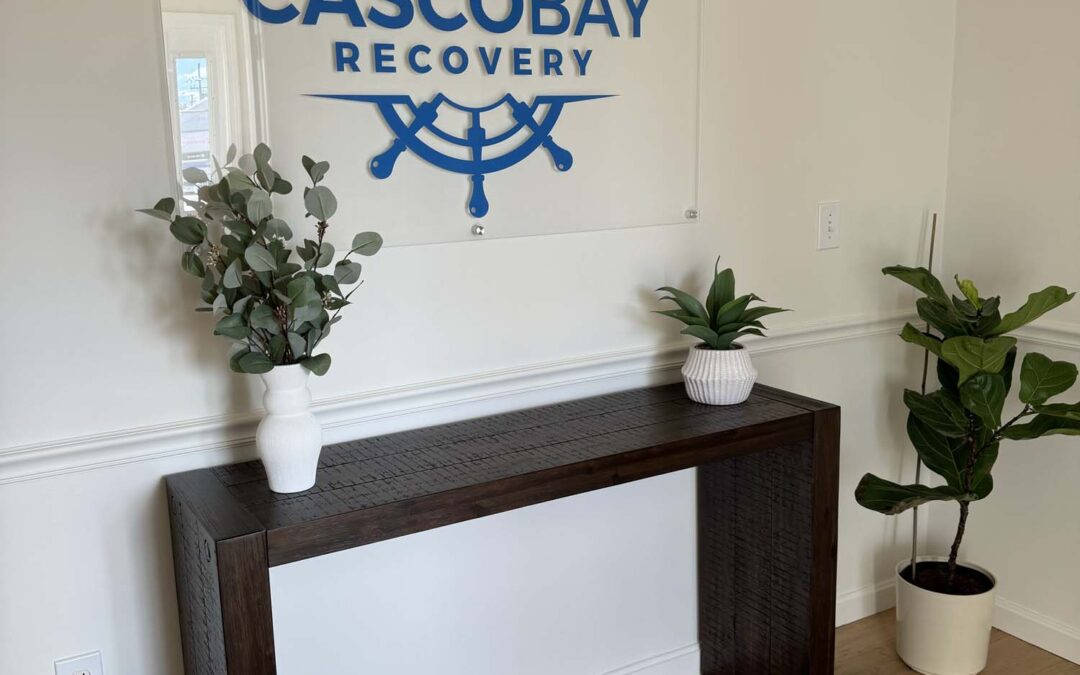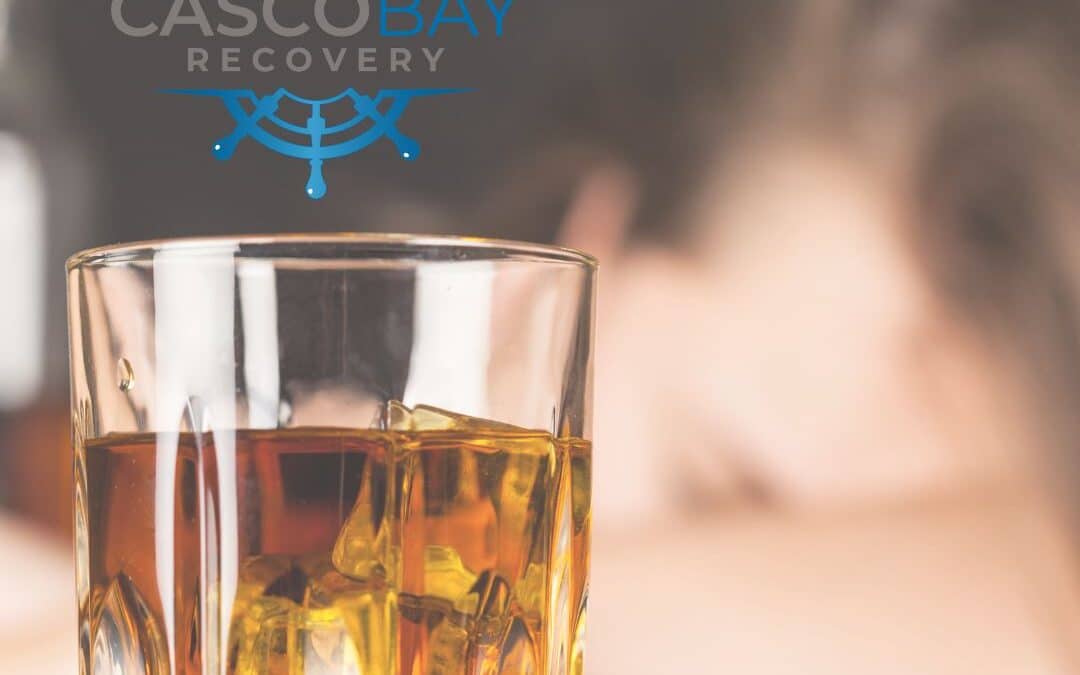Common Fears About Starting Addiction Treatment

Taking the first step toward addiction treatment can feel overwhelming. You might experience intense anxiety about entering rehab, questioning if you’re ready for this life-changing decision. These fears are completely normal and shared by many who’ve walked this path before you.
Common concerns include:
- Fear of the unknown treatment process
- Worry about physical withdrawal symptoms
- Anxiety about confronting past trauma
- Uncertainty about life without substances
- Concern over social and family relationships
- Doubts about maintaining long-term sobriety
It’s important to acknowledge these fears – they’re not roadblocks but stepping stones toward your recovery. Each fear you face brings you closer to the transformative journey of healing that awaits in treatment.
One of the first steps in this journey is choosing the right rehabilitation facility. This decision can significantly influence your recovery process. For those in Portland, Maine, Casco Bay Recovery offers a client-centered approach to rehab. With a range of addiction treatment programs designed to cater to individual needs, they provide a supportive environment for those seeking help.
If you’re feeling overwhelmed by the choices or unsure where to start, it’s okay to reach out for guidance. Casco Bay Recovery’s team is available to assist you with any inquiries regarding their programs or to help you understand more about the treatment process. You can easily get in touch with them through their contact page.
1. Fear of Facing the Full Extent of Addiction
Confronting the reality of addiction means looking at the damage it has caused in your life. Many individuals hesitate to start treatment because they’re not ready to acknowledge broken relationships with family members, lost career opportunities, or financial difficulties their addiction has created.
The prospect of addressing past trauma during therapy can feel overwhelming. You might worry about:
- Reliving painful memories you’ve tried to suppress
- Accepting responsibility for past actions
- Dealing with guilt and shame
- Rebuilding damaged relationships
- Processing unresolved emotional wounds
Professional support provides essential guidance through this challenging process. Our trained therapists create a safe, non-judgmental space where you can work through these difficult emotions at your own pace. Through individual counseling and group therapy sessions, you’ll develop healthy coping mechanisms to process these feelings constructively.
Additionally, part of the healing process involves learning how to let go of the past, which can be a significant hurdle for many individuals struggling with addiction.
2. Fear of Sobriety and Life Without Substances
The thought of facing life without substances can feel overwhelming. You might wonder how you’ll handle daily stressors, navigate social gatherings, or even enjoy activities without the familiar comfort of drugs or alcohol.
Many people in early recovery struggle with questions like:
- “How will I deal with anxiety without self-medicating?”
- “What will I do at parties or social events?”
- “Can I still have fun and feel relaxed?”
Building a new routine is essential for successful recovery. This includes:
- Creating healthy morning rituals
- Finding alternative stress-relief activities
- Developing new hobbies and interests
- Learning mindfulness techniques
During treatment, you’ll learn practical coping strategies to manage emotions and stress naturally. These skills become your new tools for handling life’s challenges, replacing the role substances once played. Through therapy and group support, you’ll discover that sobriety opens doors to authentic experiences and deeper connections.
3. Fear of Detoxification and Withdrawal Symptoms
The physical aspects of detox can be scary. Many people worry about potential symptoms like:
- Nausea and physical discomfort
- Sleep disruptions
- Anxiety and mood changes
- Muscle aches and fatigue
Medical detox provides a safe, controlled environment where healthcare professionals monitor your progress 24/7. Our medical team uses proven medications and treatments to minimize withdrawal symptoms and ensure your comfort throughout the process.
Understanding what happens during detox helps reduce anxiety about this crucial first step. You’ll receive:
- Personalized treatment plans
- Regular medical check-ups
- Immediate support when needed
- Medications to manage specific symptoms
The detox process usually lasts 5-7 days, with symptoms peaking within the first 48-72 hours. Each day brings you closer to a clear mind and healthier body, setting a strong foundation for your recovery journey.
4. Fear of Relapse During or After Treatment
The fear of relapse can feel paralyzing, but it shouldn’t stop you from seeking help. This common anxiety actually shows your commitment to recovery and awareness of the challenges ahead.
Statistics show that 40-60% of people in recovery experience some form of relapse. This isn’t a sign of failure – it’s a normal part of the healing process. Think of recovery like learning to ride a bike: occasional falls don’t erase your progress or mean you’ll never succeed.
Building Strong Support Systems
- Regular therapy sessions
- Support group meetings
- Family and friend connections
- Professional aftercare programs
Your recovery journey becomes stronger with each challenge you face. Treatment programs equip you with essential tools to identify triggers, develop coping strategies, and build resilience against relapse risks. These skills, combined with a robust support network, create a foundation for lasting sobriety.
5. Fear of Failure in Recovery Journey
Self-doubt can heavily impact your recovery journey. You might question your ability to stay sober and wonder if you have what it takes to succeed in treatment. While these thoughts are natural, they shouldn’t determine your path to recovery.
Shifting Your Perspective
Building confidence in recovery requires a change in how you think:
- Replace negative self-talk with positive affirmations
- Celebrate small victories and daily achievements
- Set realistic, achievable goals for your recovery
The key is to break down your recovery into manageable steps. Each sober day strengthens your determination and proves your ability. Remember: success in recovery isn’t about being perfect but rather about your commitment to growth and healing.
Seeking Support
Your treatment team, which may include a recovery coach, will assist you in developing practical tools to overcome self-doubt and build resilience. Through therapy and group support, you’ll uncover inner strength you never knew you had.
6. Fear of Success and Life Changes After Recovery
Success in recovery brings unexpected challenges. You might feel anxious about your new identity without substances – who are you now? The responsibilities of a sober life can feel overwhelming: maintaining a job, rebuilding relationships, managing finances.
These identity shifts are natural parts of your recovery journey. Your changing perspectives and priorities signal growth, not loss. Many people in recovery discover hidden talents, pursue new careers, or develop deeper connections with loved ones.
Embracing Your New Identity:
- Explore new hobbies and interests
- Connect with sober communities
- Set achievable personal goals
- Practice self-compassion during transitions
- Celebrate small victories
Remember: change creates opportunities for growth. Your evolving identity opens doors to authentic relationships, meaningful work, and a life aligned with your true values. To navigate these life transitions, consider seeking professional support through therapy, which can provide valuable guidance during this period of adjustment.
7. Fear About Social Acceptance After Recovery
Social circles shift dramatically during recovery. You might worry about losing friends who still use substances or face uncertainty about building new relationships. These concerns are valid – your social landscape will change.
However, treatment programs such as those offered by Casco Bay Recovery, which provide comprehensive drug detox and addiction treatment, address these social challenges head-on. You’ll learn to:
- Identify toxic relationships that threaten your recovery
- Build communication skills for healthier connections
- Practice boundary-setting with old friends
- Connect with peers who understand your journey
Group therapy sessions create a foundation for lasting friendships. You’ll meet others who share similar experiences and goals, forming bonds based on mutual growth and understanding. These connections often extend beyond treatment, creating a strong support network for your continued recovery.
Overcoming Fears Through Practical Steps and Support Systems

Taking action against addiction fears requires a strategic approach backed by professional guidance and peer support. Here’s how you can transform these fears into stepping stones for recovery:
Connect with Professional Support
- Work with therapists trained in addiction recovery
- Participate in group therapy sessions
- Schedule regular check-ins with counselors
Build Your Support Network
- Join local recovery support groups
- Attend 12-step meetings
- Create connections with others in recovery
Develop Stress Management Tools
- Practice mindfulness and meditation
- Learn breathing exercises
- Engage in physical activities
- Keep a recovery journal
Create Daily Structure
- Set achievable recovery goals
- Establish healthy routines
- Plan activities that support sobriety
These practical steps, combined with consistent support, help you build confidence and resilience in your recovery journey. Each small victory strengthens your ability to face and overcome addiction-related fears.
What to Expect When You Start Addiction Treatment
Starting addiction treatment follows a structured path designed to support your recovery journey:
Initial Assessment
- Medical evaluation
- Mental health screening
- Substance use history review
- Custom treatment plan creation
Detoxification (if needed)
- Medical supervision
- Comfort measures
- Withdrawal management
- 24/7 support
Core Treatment Program
- Individual therapy sessions
- Group counseling
- Family therapy
- Life skills development
Daily Schedule
- Structured routines
- Therapeutic activities
- Nutritious meals
- Exercise opportunities
- Rest periods
Your treatment experience adapts to your specific needs. Some clients require intensive medical care, while others benefit from outpatient services. The key is finding the right level of care for your situation.
Remember: Treatment marks the start of your healing journey. Each step builds on the previous one, creating a strong foundation for lasting recovery.








